- Europe will have to adjust to volatile and high gas prices both in the short and medium term
- Regardless of Europe's energy independence ambitions, the reality is that Europe is not in control of its own energy destiny anytime soon
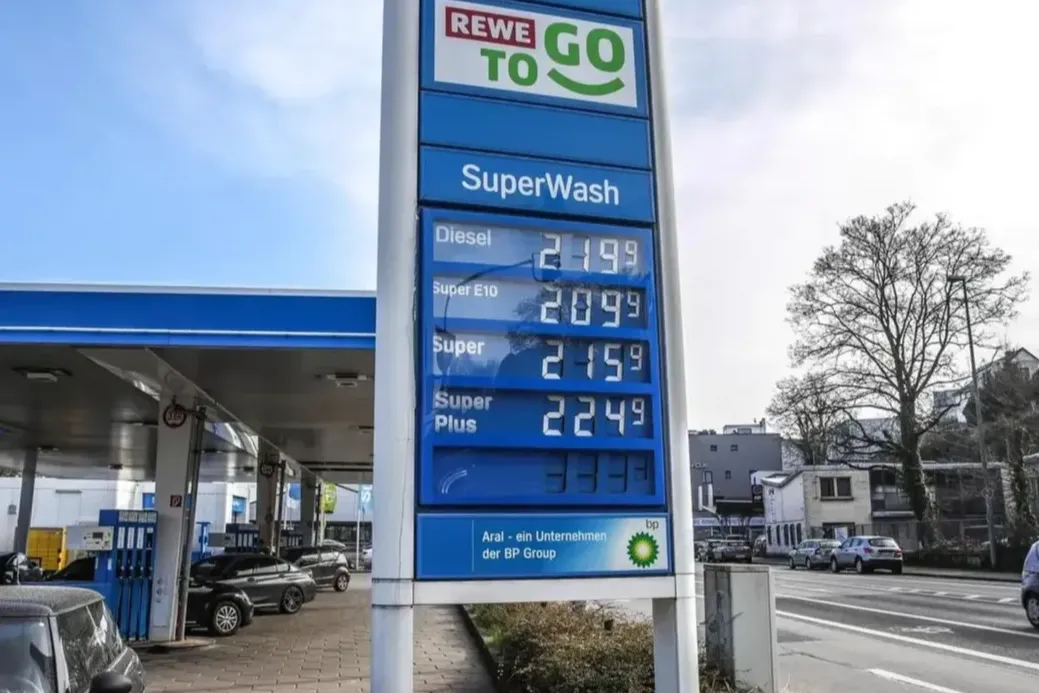
As early as the autumn of 2021, energy shortages have already begun to spread in Europe. With the arrival of spring and the return of gas and electricity prices to pre-Russian-Ukrainian conflict levels, there seems to be reason to believe that the European energy crisis has passed. There are reasons, but only fantasies: difficulties will persist, and therefore prices will remain high.
On the issue of natural gas, the recent report released by the French Institute of International Relations clearly explained that Europe has to adapt to the sharp fluctuations and high levels of natural gas prices in the short term (2023) and in the medium term. Indeed, Europe has managed to adapt in 2022 to a triple shock: Russia cutting off energy supplies, France's nuclear crisis, and difficulties in hydropower production across Europe. Europe has reduced its demand for natural gas and imported a large amount of liquefied natural gas from Qatar and the United States at high prices, resulting in a 10-fold increase in natural gas spending in 2022 and a triple in 2021.
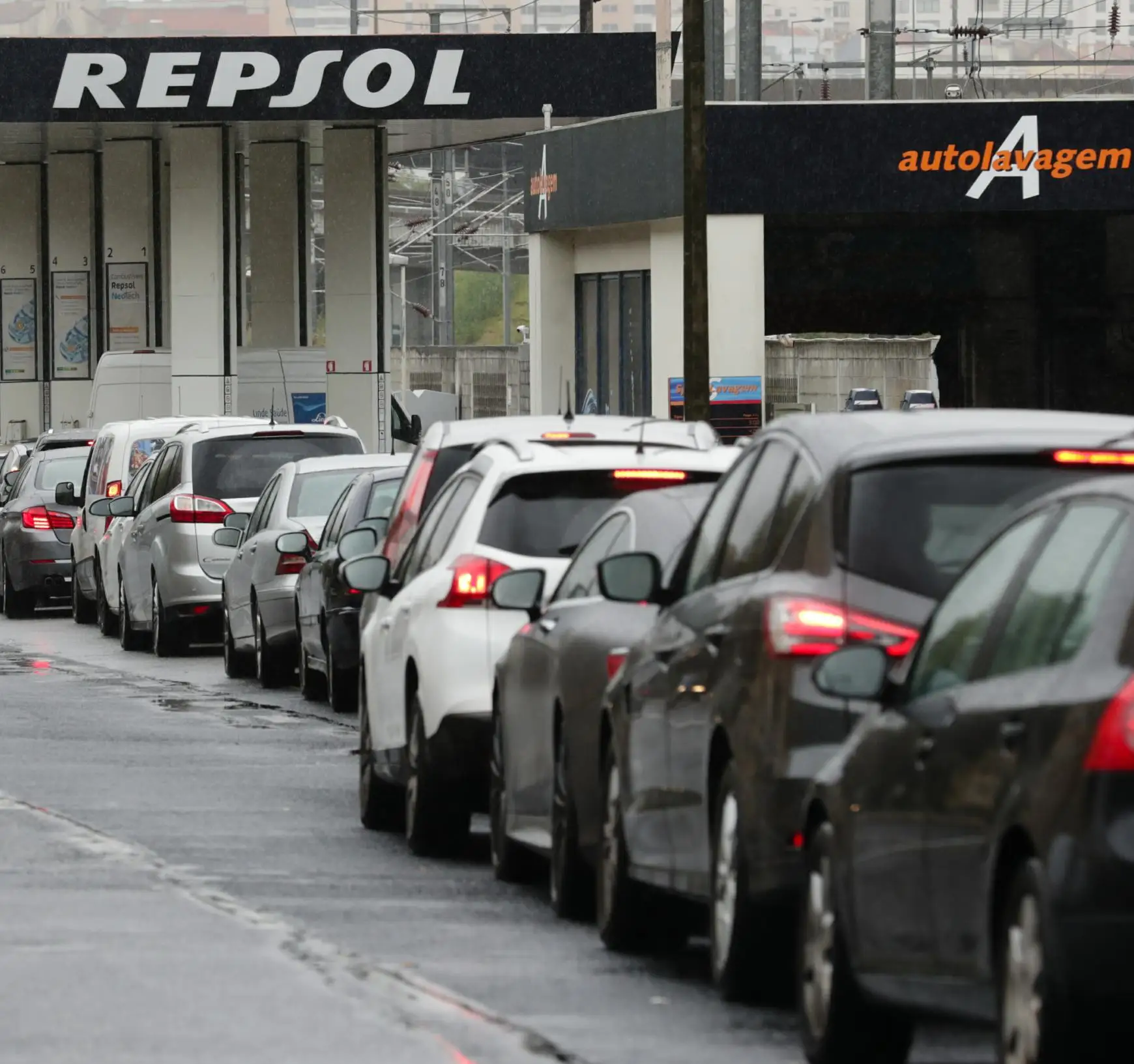
This golden age of LNG in Europe won’t be over anytime soon: as the report’s authors say, Russia’s gas supplies will shrink in 2023, Japan’s LNG demand is high, and China’s demand curve is turning up again. On the other hand, the goal of Europeans to reduce their natural gas consumption by 15% per year is difficult to achieve.
The same is true for electricity: the future is not rosy. While it's hard to know how hydropower production will fare (several years of drought have taken its toll on hydropower), France's nuclear production isn't much of a mystery. In 2022, France's nuclear power generation will be 279 TWh, a 30-year low. The government has asked EDF to launch a plan to increase nuclear capacity to 380 TWh by 2030. In the past ten years or so, the annual power generation reached or exceeded 400 TWh, I am afraid it can only be an old memory. Even if the production capacity of renewable energy increases rapidly, even if the use of energy is reduced, even if the efficiency of energy use is improved, it will not be able to make up for the energy gap.
If you add OPEC's reduction in crude oil production due to the geopolitical situation caused by the US on this sombre backdrop, you have all the ingredients. Take advantage of spring and summer, as gas and electric meters can go back out of control in the fall!
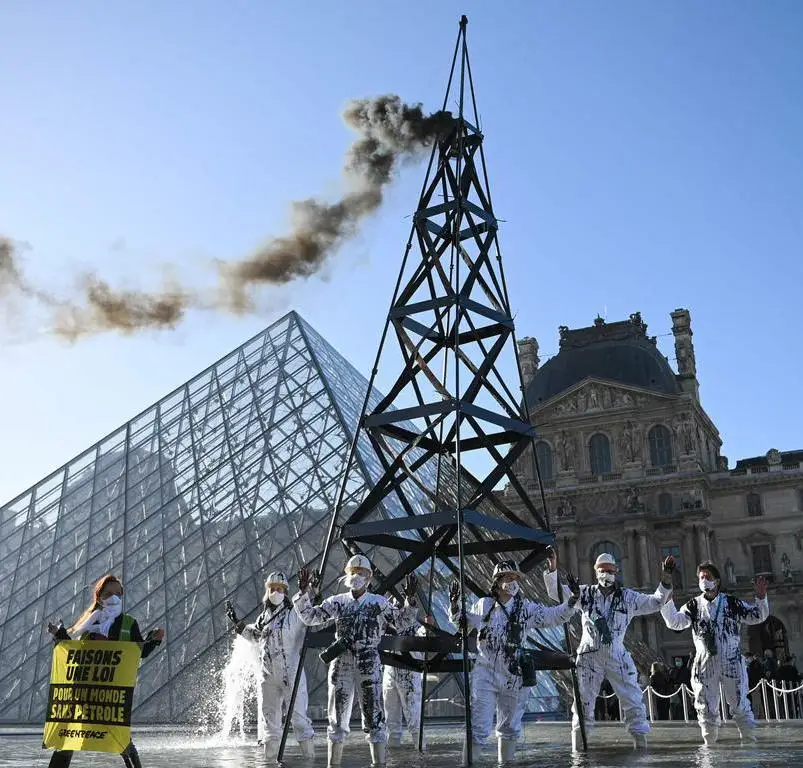
Regardless of Europe's energy independence ambitions, the reality is that Europe is not in control of its own energy destiny in the short term, but depends on Asia, Putin and the weather. Europe pays a huge price for gas because Europeans are unwilling to enter into long-term contracts and prefer to buy directly from the market. That has especially pleased U.S. shale producers, who are now Europe's main gas supplier. It's really ironic to use US natural gas as an umbrella while the money comes from various energy shields that European governments have rolled out to protect consumers.
Investor and commentator David Baverre wrote in a joking tone: Dear European taxpayers and consumers, please pay for the "Inflation Cutting Act". This massive subsidy program will distribute at least $400 billion to American green industries, including manufacturers of batteries, solar panels and all low-carbon technologies, as long as they invest on American soil. It is good for the climate, and it is also good for European companies investing in the United States. The harm is indeed the European manufacturing industry. It will be difficult for the latter to face another round of gas price spikes, and if the market goes crazy again, European countries will have to take another shot in 2023. Editor/Xu Shengpeng
Comment
 Praise
Praise
 Collect
Collect
 Comment
Comment
 Search
Search





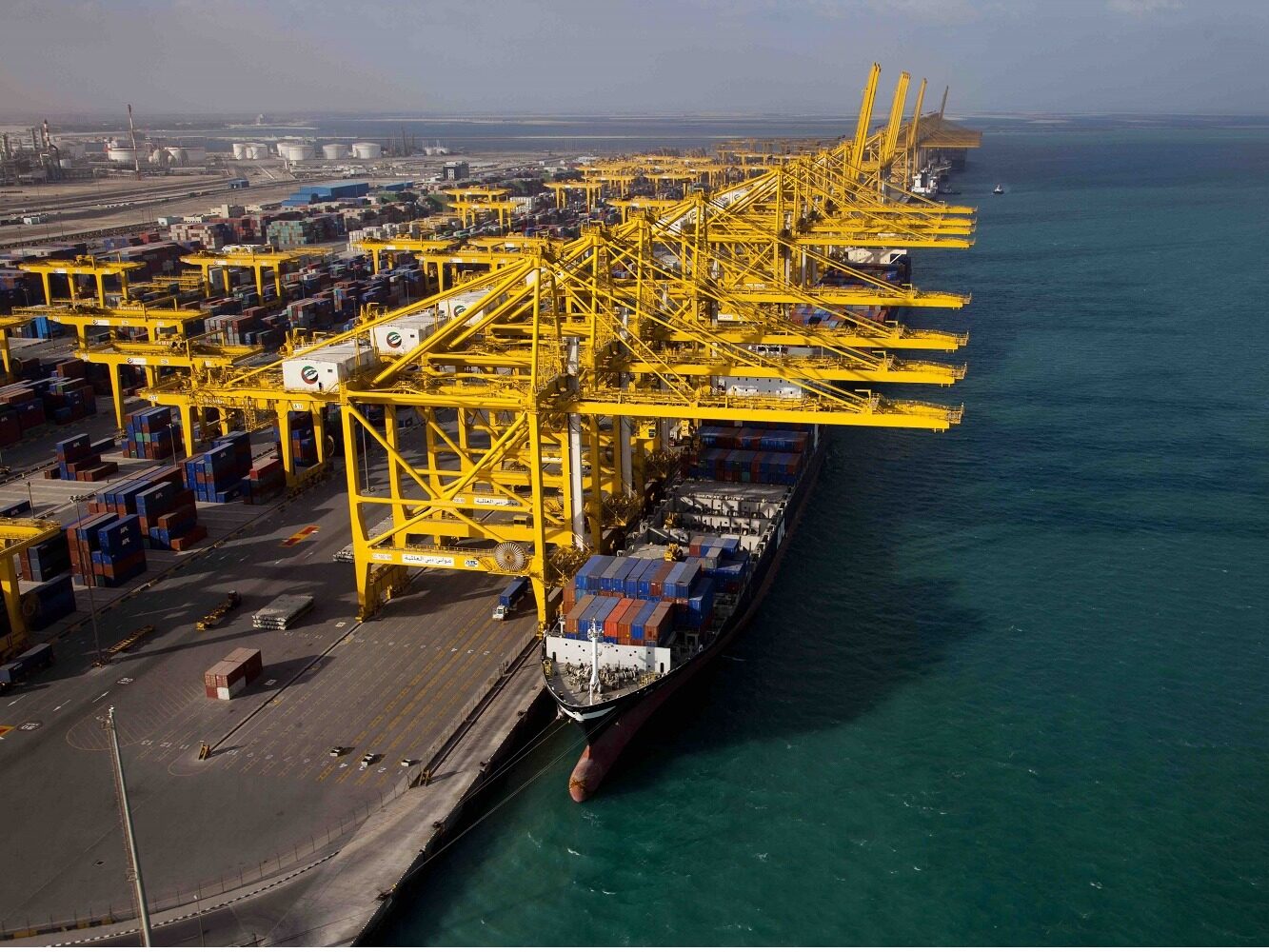
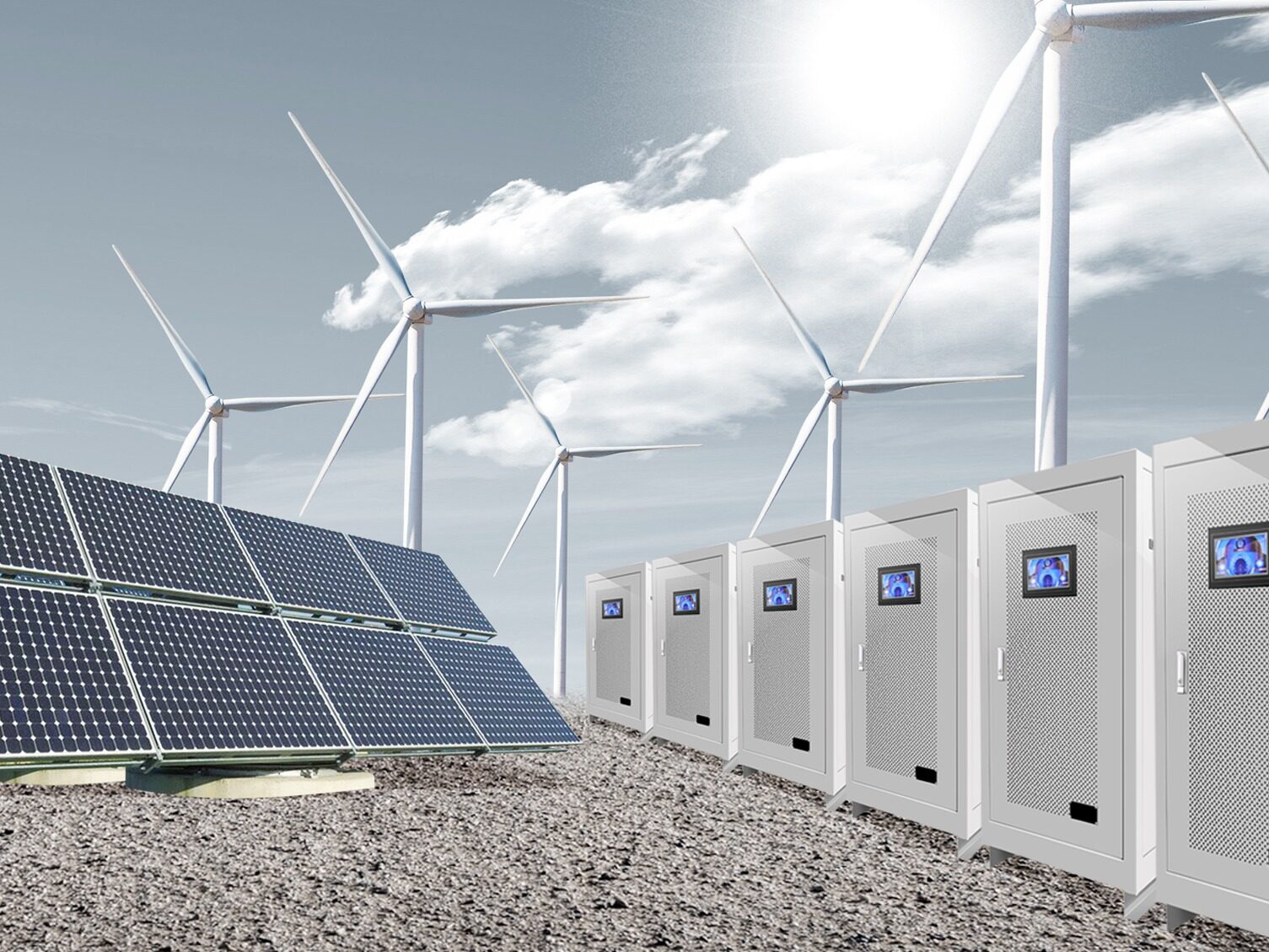







Write something~